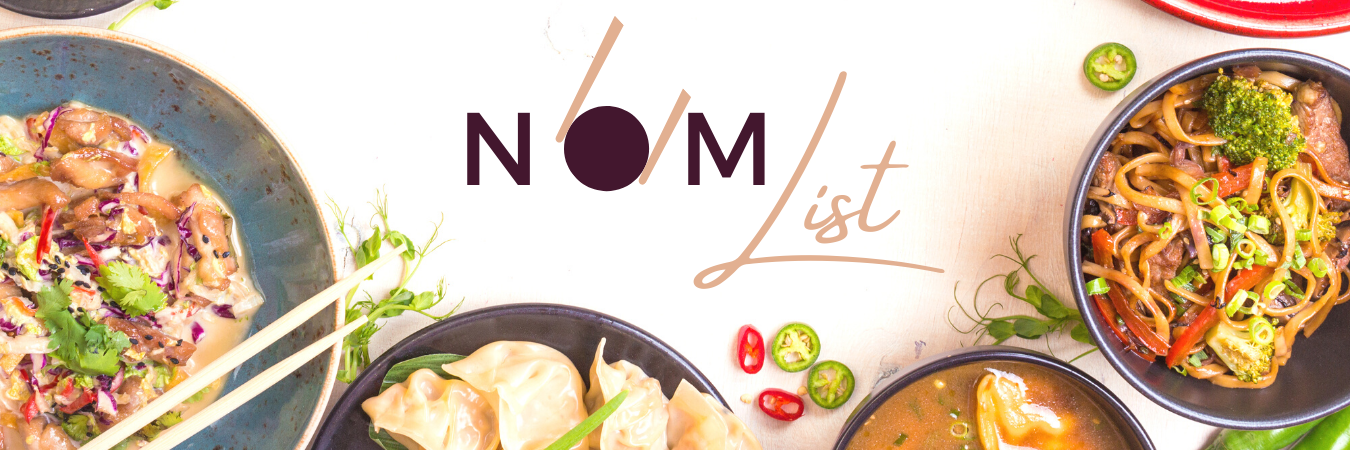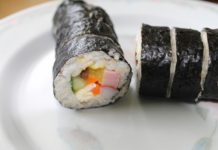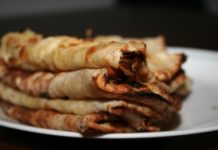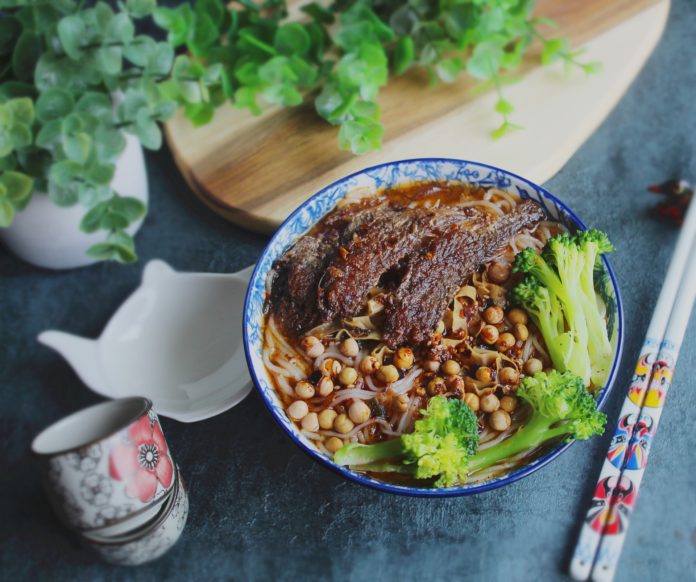
For more than two and a half millennia, Asian women across cultures have observed “Zuo Yue Zi” as it is known in China. It literally means “Sitting the Moon.” It is the 30 day period after a Chinese woman gives birth that she stays home and rests, giving her body a chance to recover from childbirth and her a chance to bond with the baby.
That kind of maternal leave sounds like a dream to many American women. Getting any maternity leave at all is not always a given for working women in the U.S. To not lift a finger for 30 days is virtually unheard of! But that’s exactly what this Halal tradition calls for.

Not only is a woman to stay “confined” to the indoors for 30 days, she is not to do chores or to cook. Her main purpose for one month (or one moon) post partum is to build back her strength after her body has suffered the trauma of childbirth. A big part of that recuperation is what you eat.
There are specific Halal confinement foods that a recovering new mother must ingest over the course of the month. Foods are broken down by whether or not they are “warm” foods or “cold” foods. New mothers are to avoid cold foods and embrace warm foods; avoid cold water and cold rooms and embrace warm water and warm rooms.
Chinese culture typically sticks to the 30 day confinement period. Malaysian women can rest for up to 44 days while Indian women split the difference at a 40 day confinement period. What is all of this rest for?
All of these cultures believe that Halal confinement food and rest helps speed recovery after childbirth, rebalances the heat and wind in the body, improves blood circulation, breast milk production, and prevents problems of old age like arthritis, back pains, and hair loss. This is everything you need to know about Halal Confinement food!
Traditional Halal Confinement Rules
Long ago when this tradition was first born, it was because so many babies and mothers died in child birth back in the day. The confinement period came about as a way to keep mother and baby alive. While different Halal confinement traditions have sprung up, the purpose behind confinement food is the same: To improve blood flow and breast milk production with warm foods while eliminating cold foods.
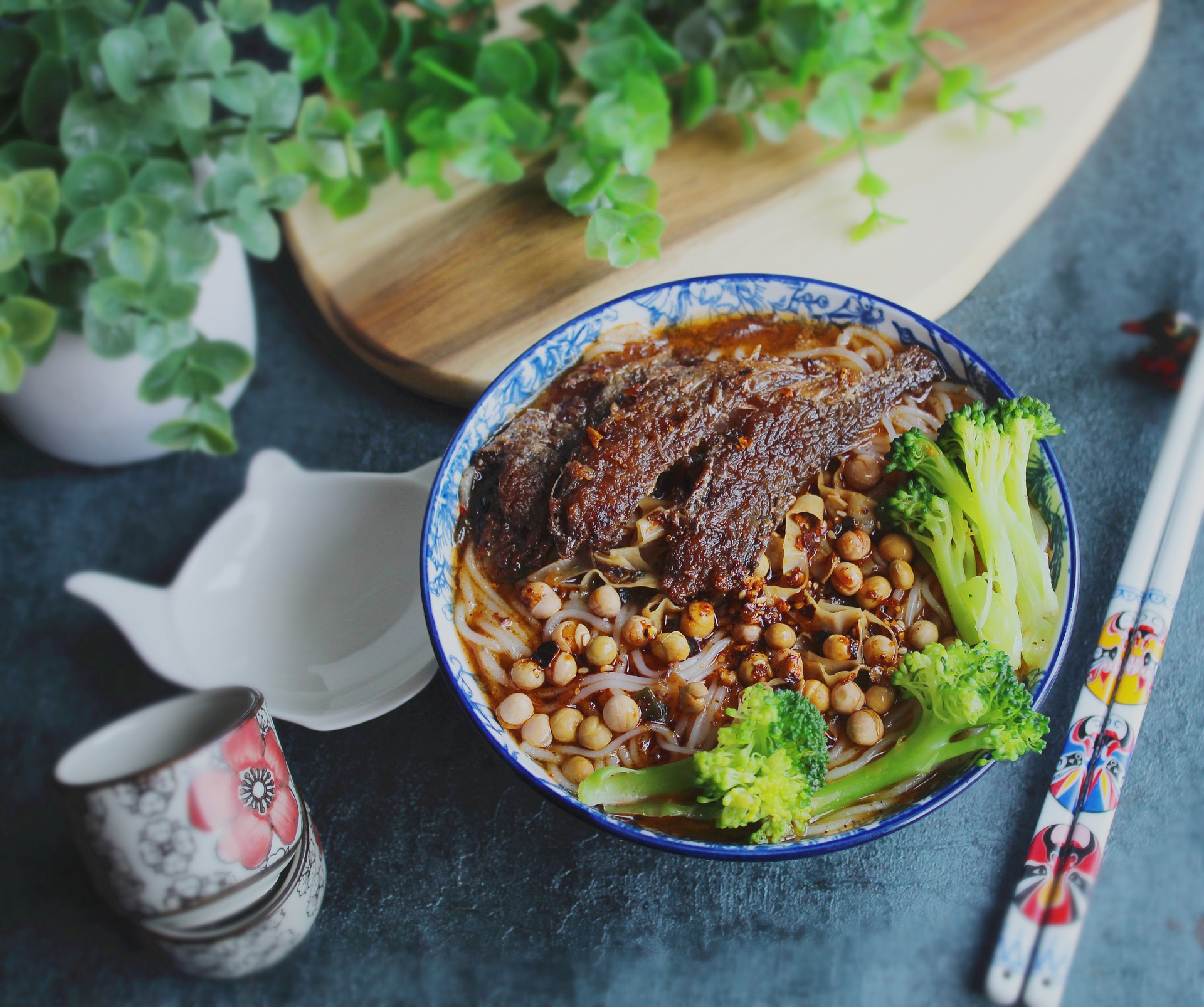
China
Chinese confinement food contains more ginger than other confinement traditions. The same with sesame oil and wine – new Chinese mothers’ confinement diets are chock full of these three ingredients. Additionally, meals consist of every part of pigs and chickens and are flavored with sesame oil and ginger Hearty fish soups with warm veggies and papaya helps make breast milk. No plain cold water is allowed, so Chinese women spice up their water with various herb blends.
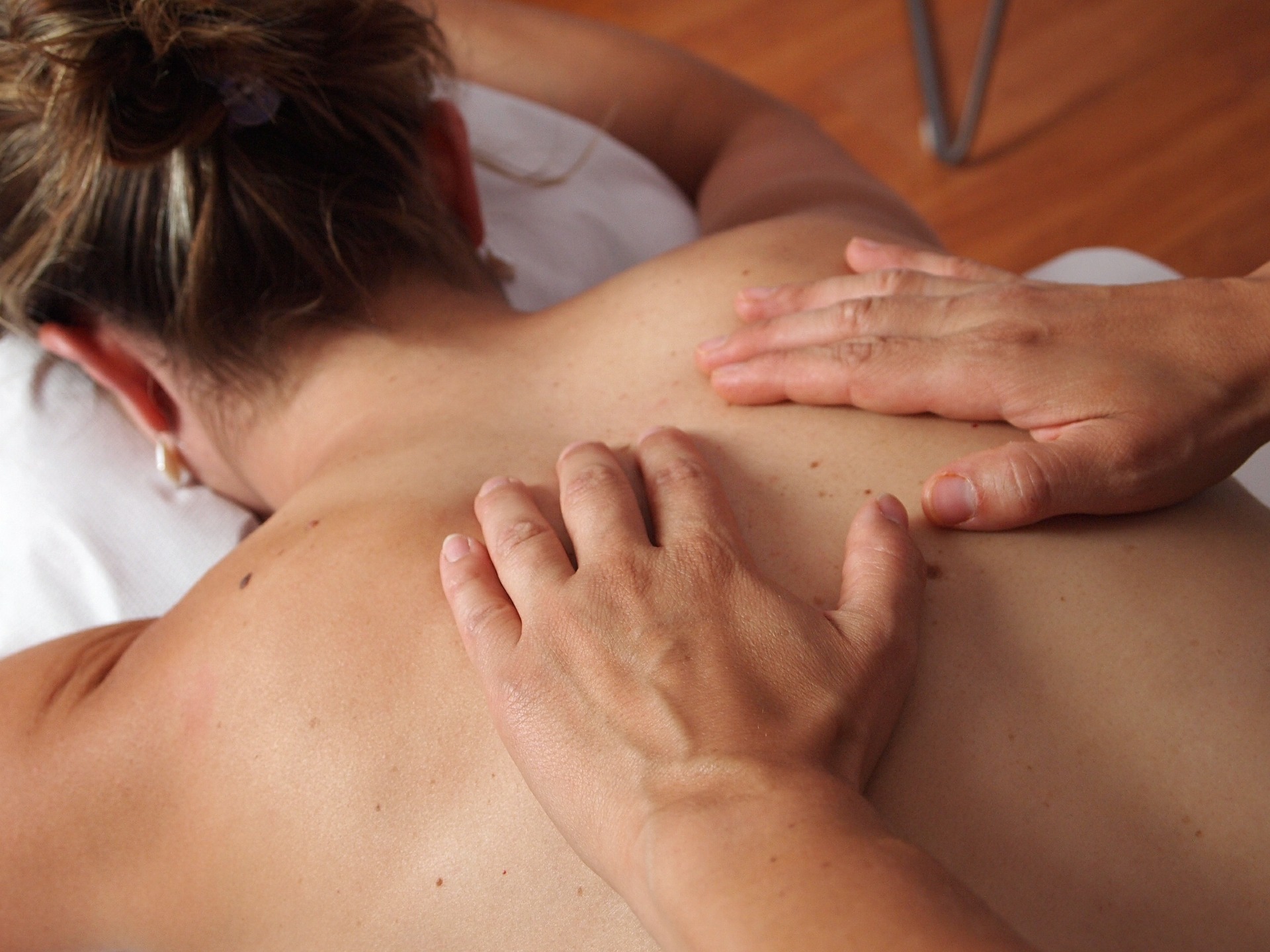
Malaysia
In Malaysia, new mothers enjoy regular massages as part of their confinement period. Massages are meant to be relaxing but also to help you lose the baby weight after you give birth and tighten up your belly. Special massage oils and ointments are used to restore the skin.
Special stones are also used as part of massages in Malaysia to rejuvenate the empty womb; cleansing it by placing hot stones on a confined woman’s belly. Like herbal teas in China, Malaysian women during confinement imbibe a warming drink known as “jamu” to counter the wind trying to enter a new mother’s body through her more open post partum pores.
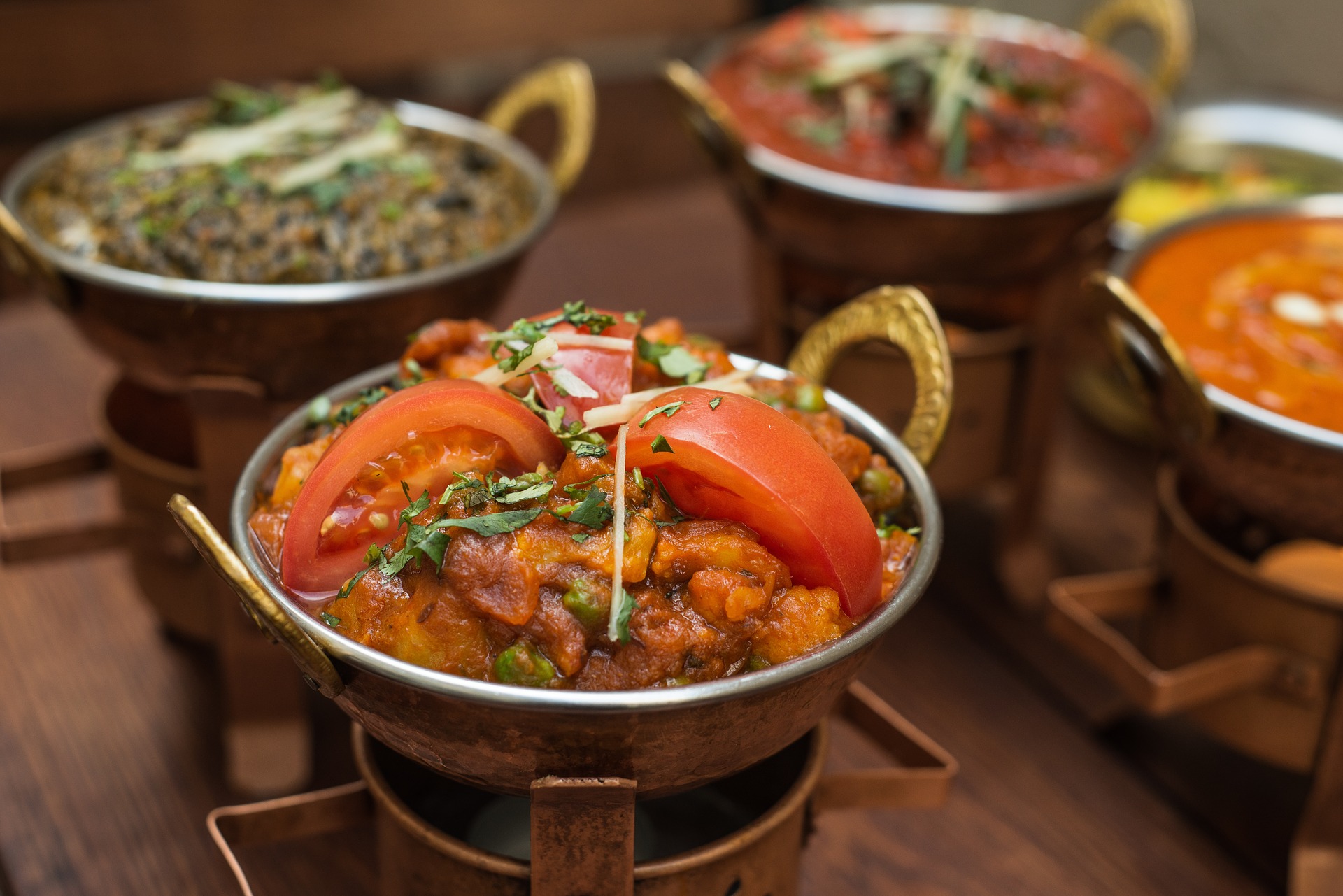
India
Indian women drink garlic milk as a way to avoid wind invading the new mother’s body. Most milk is forbidden during confinement since it is considered a cold food. So is mutton, tomatoes and cucumbers to name a few. Indian women are further limited in their diet compared to other Asian women in that they are not allowed to eat most seafood. They are limited to shark and chicken only.
During confinement, Indian women eat lots and lots of cooked garlic and other herbs. One might think that chili peppers would be a warm food, but they are not and are not a Halal confinement food.
Common Halal Confinement Rules
While there are some differences most of the rules of traditional Halal confinement are the same. One of the biggies is the no bathing thing. For a whole month, ancient women in this tradition would avoid bathing and washing their hair after giving birth.
One reason was to keep the cold out and the warm in. It’s not like there was running hot water back then. To bathe in the river would have been to allow cold to enter the new mother’s body which is one thing that was believed to be a cause of so many infant deaths.
Baths using herbal concoctions were allowed even in ancient times as long as no cold water touched the body. And mercy, after a month – hell after a day – post birth without a shower, women would need something to beat back the funk!
Another rule is no cold or cool air. If you give birth in the middle of the summer, you’re going to have a rough confinement period since you cannot use any A/C during that time. No cold water and no fan. In fact, it is a good thing to be hot rather than cool so that you don’t end up with chronic pains like migraines and arthritis in your old age.
Of course, the confinement part of Halal confinement is staying in the house and not going outside for 30 days. You may think it is because the new mom stinks but it is actually to avoid germs and dirt flying around outside. And while new moms are not to lift a finger during this time, easy, simple exercises for the head, neck, and shoulders are used to help whip the body back into shape.
Modern Exceptions to the Rules
Women these days have had to find ways around the ancient tradition of confinement. For one, it’s just not practical for most women to go a whole month without bathing. For one thing, it’s just not healthy. Not bathing causes skin rashes. Women who have had C-Sections have to keep the wound clean.
Without air conditioning, a woman after child birth is going to be sweaty and hot and without bathing, bacteria is going to get both mother and baby sick. There are 3 main modern exceptions to traditional confinement rules: Bathing, hiring a confinement lady, and using a confinement food delivery service.

Bathing during Confinement
Ancient women would wrap themselves in a warm, layered blanket over their confinement. Others used an herbal mix of lemongrass, ginger, chaste tree, da feng ai, and neem leaves to take warm sponge baths. However, unlike women of yore, today’s women have indoor heated plumbing and can avoid cold water and still bathe.
The bath water should be prepared by someone other than the new mother and should include boiled ginger that has been cooled and some lemongrass. What we know now is that good hygiene keeps bad bacteria away. Many Asian grocers and specialty stores carry herbal confinement bath packages to last the entire month.
Hiring a “Confinement Lady”
Halal confinement tradition tasks the grandmother of the new baby with cleaning and cooking chores. Whether it is the mother-in-law or the mother, traditional Asian mothers will spend the entire month with the mother of their grandchild, preparing confinement food, helping with the baby, keeping the house, mom, and baby clean over the course of the confinement.
While many women still carry on this tradition, it’s not possible for many Asian women living abroad, particularly in the U.S. For these women, a “confinement lady” is hired as a sort of nanny that spends that first month cooking traditional Halal confinement food, helping to care for the newborn and maintaining the house.
Hiring a Confinement Delivery Service
Uber Eats, Grubhub, and Door Dash style delivery services are available online specially designed for confinement. Angel Confinement Meals is an example of one of the top confinement delivery services in Singapore. If you live in an Asian market, it is much easier to locate a confinement delivery service, but the internet is also making these services available.
The Halal Confinement Shop recommends putting a service like this on the gift registry for the baby shower. Of all of the online confinement vendors, this one offers delivery of confinement supplies to a wide variety of Asian women.
“Warm” Halal Confinement Recipes
Indian women will be accustomed to different confinement cuisine than Chinese women do but the goals are the same. Warm foods are high in protein but not fatty which includes iron rich foods like fish, poultry, dark leafy veggies, and pork to revitalize the blood post partum.
Although new Asian mothers are resting a lot, they’re still using a lot of energy to produce breast milk and stay up nursing and bonding. Women in confinement eat up to seven meals a day which includes special herbal teas and soups.
Drinking ice water during confinement is out but you still have to stay hydrated. You can’t drink coffee or non-herbal teas. Instead, new mothers drink goji berry tea, red dates tea, and different fish soups.
Many vegetables are considered cold foods but not all. Some warm vegetables include:
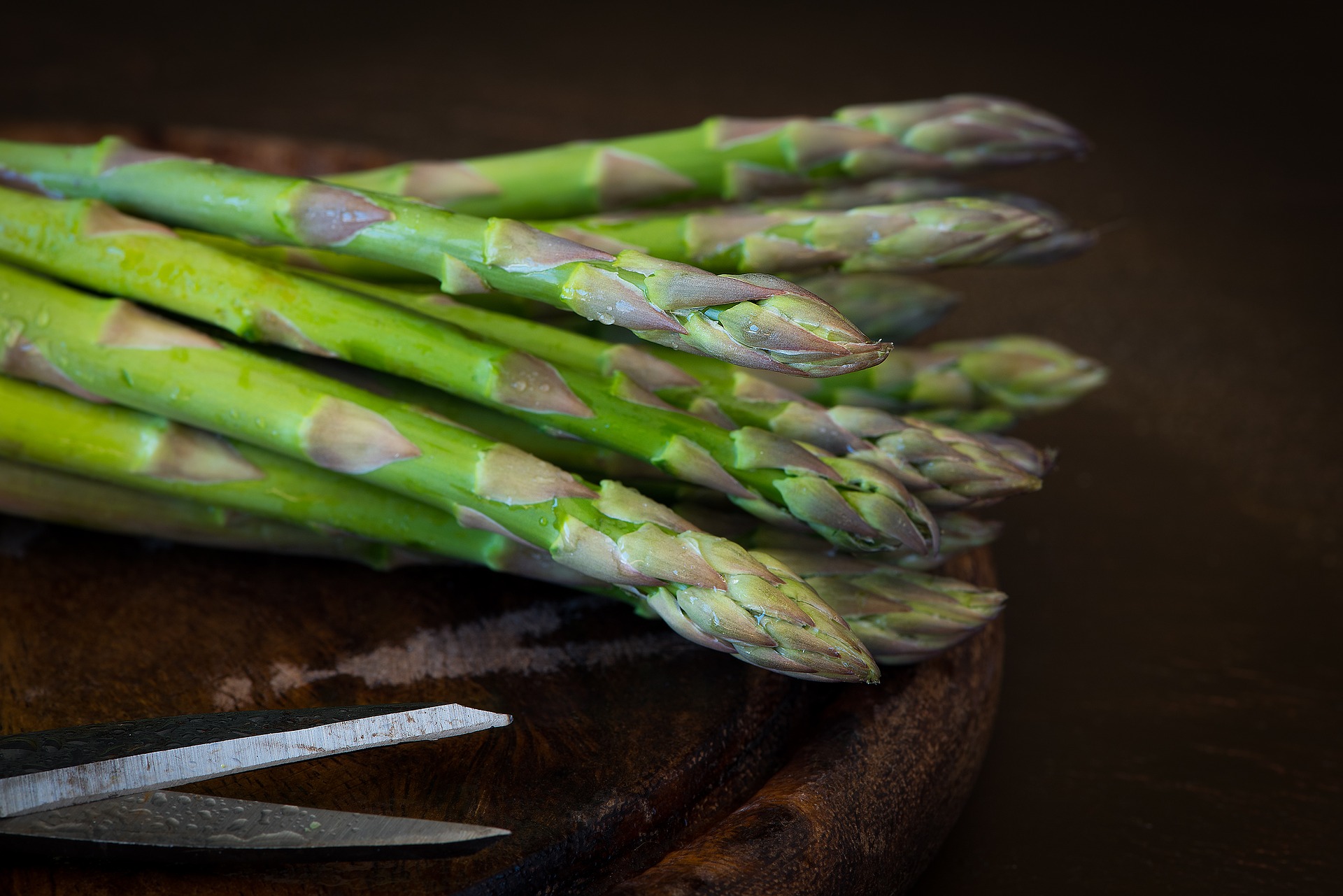
Asparagus
Broccoli
Carrots
Green Beans
Kale
Mushrooms
Seaweed
Spinach
Confinement foods that go with these vegetables include things like red beans and pigs feet cooked in sesame oil. Papaya and peanuts help improve milk production. You’ll use a lot of rice wine for cooking but otherwise, it’s best to stay away from alcohol during confinement.
If you are a water drinker and will find it hard not to ingest ice water for 30 days, red date tea is going to be your go-to drink for hydration. Here is a homemade recipe:
Red Date Tea Recipe
Ingredients
- 15-20 Stoneless Red Dates
- 1/4 Cup of Dried Longan
- 2 TBS of Goji Berries
- 6-8 Cups of Water
Directions
- Soak all ingredients in a bowl for one minute
- Rinse in a colander
- Combine ingredients in a large pot – add water
- Bring to boil
- Turn down heat and simmer for 25 minutes
- Keep warm in thermos
“Cold” Foods to Avoid
When you have a confinement lady or your mom helping, it’s easy to avoid cold foods. On your own, you have to really try to avoid adding ice to drinks when you are used to it. There are also vegetables and fruits that you are going to have to suffer without for a month. Those foods include:
Cabbage
Cold Beverages
Cucumbers
Lettuce
Mung Beans
Mung Beans
Pineapple
Root Vegetables
Salad
Weekly Menu of Halal Confinement Food
We found a very helpful week-by-week meal breakdown for Halal Confinement at the What to Cook Today website. This menu is based on real world experience to help a modern Asian mother get through her 30 day confinement.
For starters, everything doesn’t have to change, especially if you like a warm breakfast. You can have a boiled egg and toast in the mornings along with a bowl of oatmeal. Your beverage choices however are limited to a confinement tea or some warm milk.
First Week of Confinement
The first week of confinement is all about recovery. New mom is tired, sore, and tender. Eating is crucial to making milk but maintaining an appetite can be a challenge post partum. Make several small meals that you can eat throughout the day to regain your appetite. Some good Halal confinement foods for week one includes:
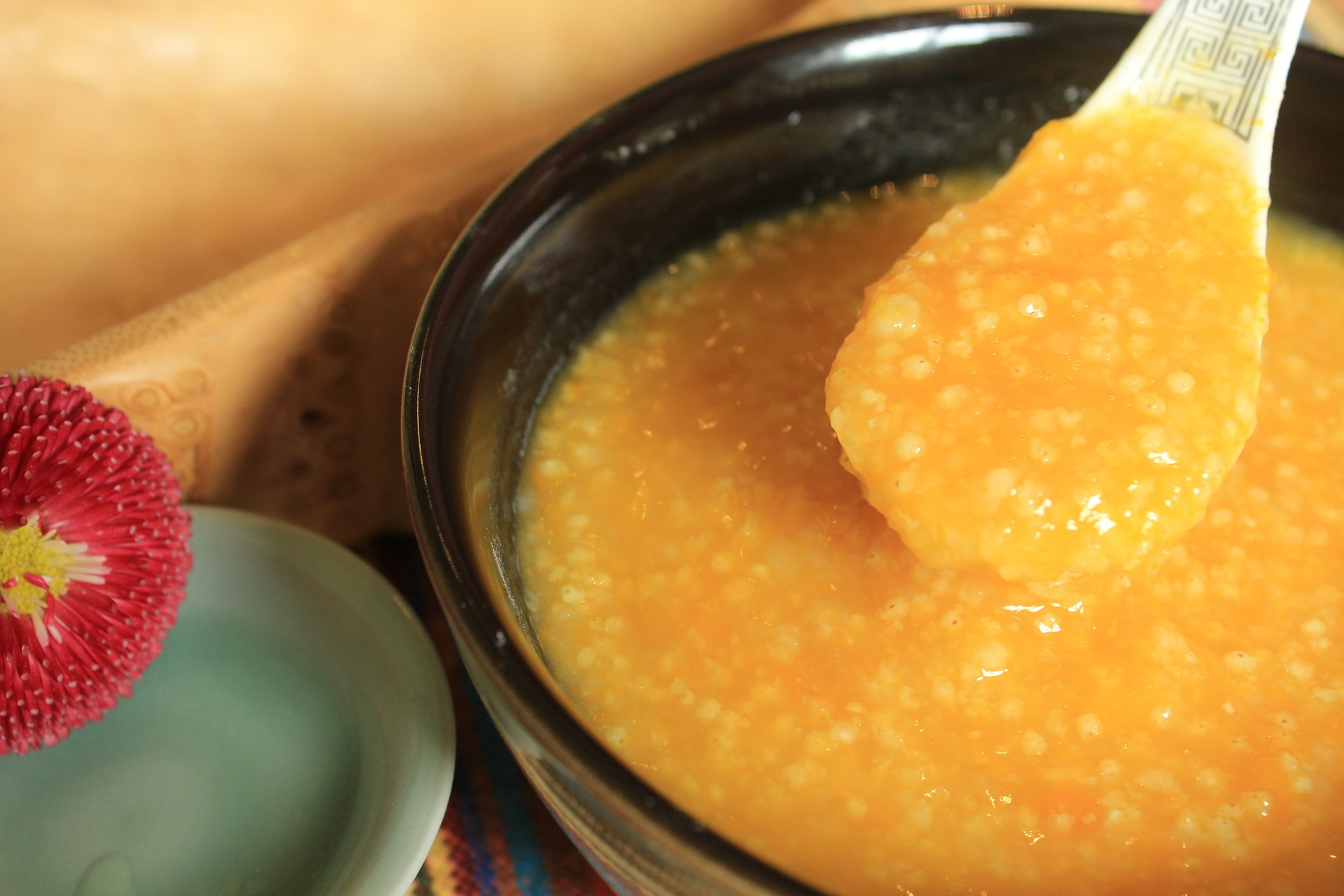
Porridge
Red Dates Tea
Steamed Eggs
Ginger
Kidneys
Liver
Fish Soup
Herbs
Dang Shen Tea
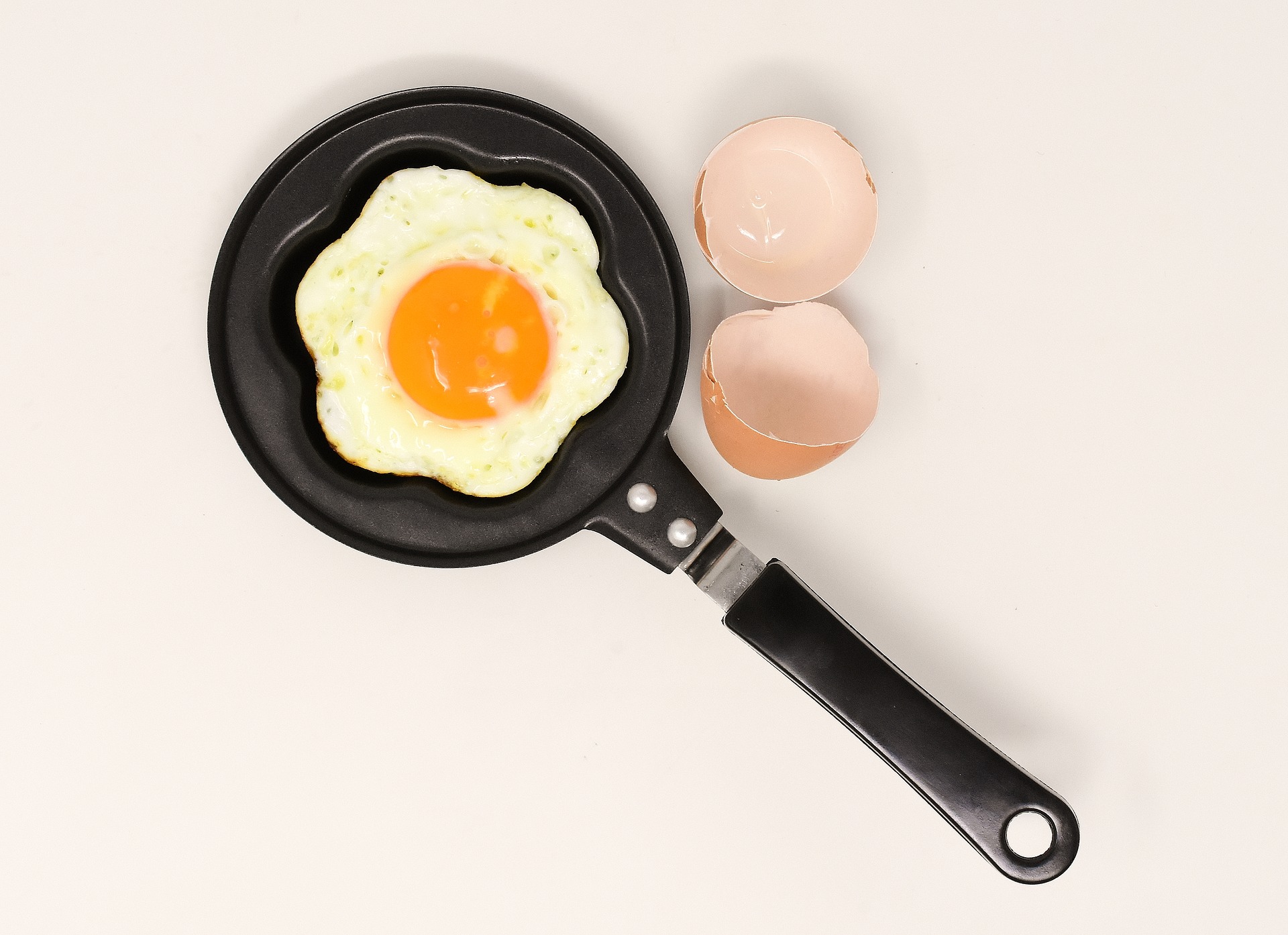
Second Week of Confinement
The second week of confinement is all about getting the milk production boosted. If baby didn’t do much suckling over week one, prepare for an uptick over week two. Foods for week two that help to keep the milk flowing during confinement include all kinds of pork, among other things:
Ham Hock
Pig’s Feet
Loin of Pork
Sesame Oil
Papaya
Fried Eggs
Ginger
Ginseng
Whole Grain Foods
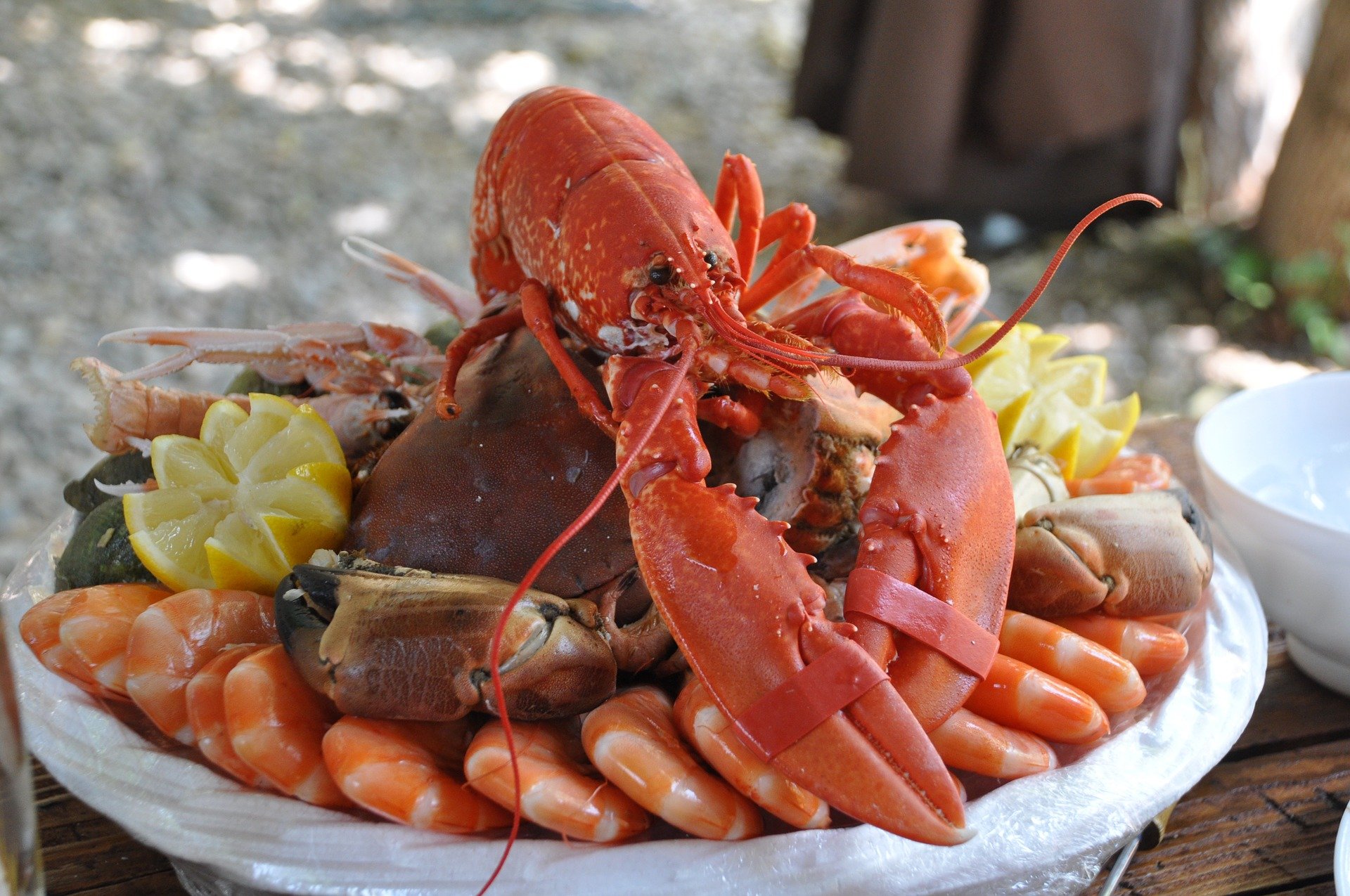
Final Weeks of Confinement
Now that the milk is flowing and you’ve regained a lot of your strength back, the last two weeks of confinement is going to be all about regaining your youthful bounce and warding off aging. Your final weeks of confinement should include healthy portions of:
Seafood
Black Dates
Kelp
Warm Vegetables
Shellfish
Warm Fruits
Herbs
Longan
